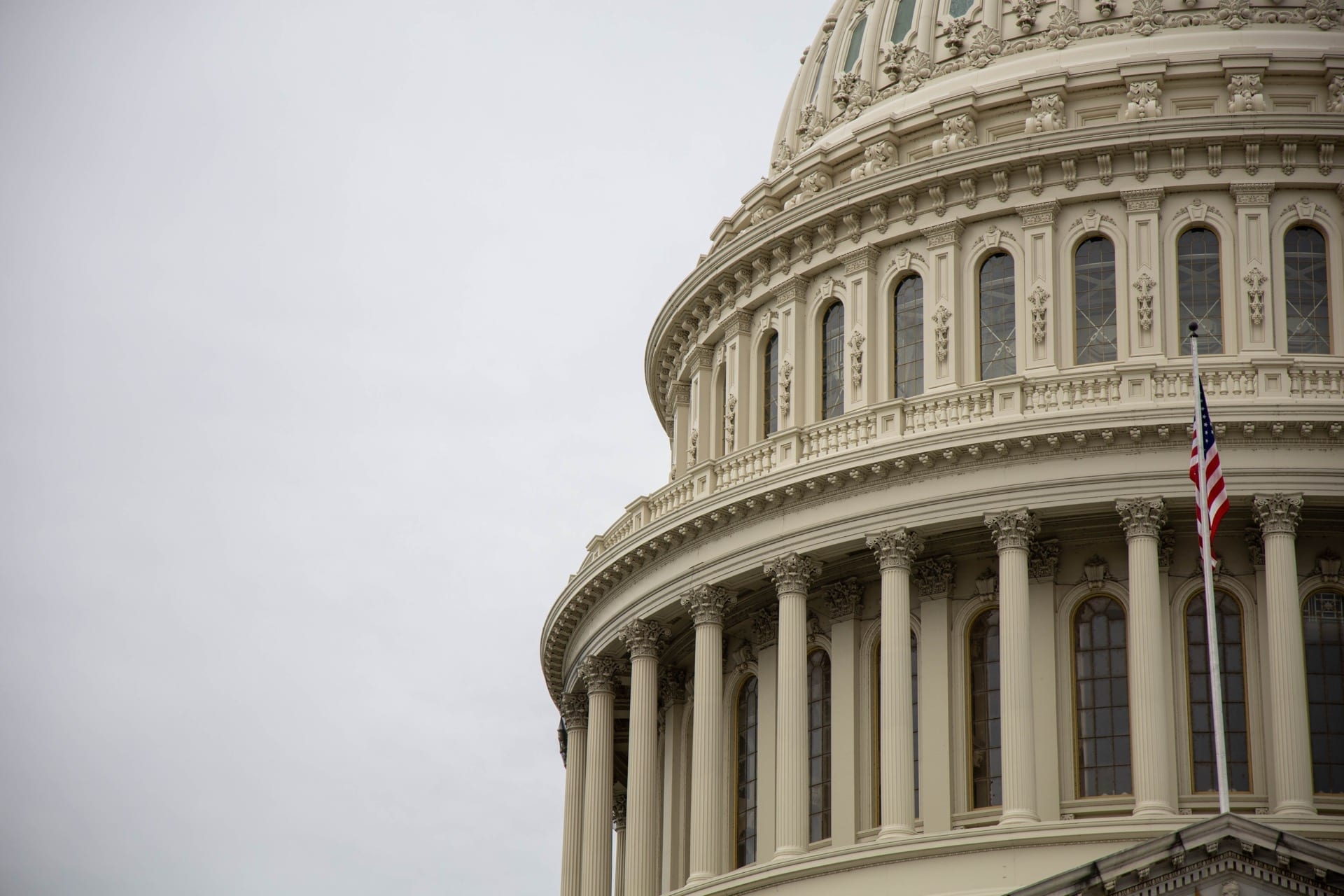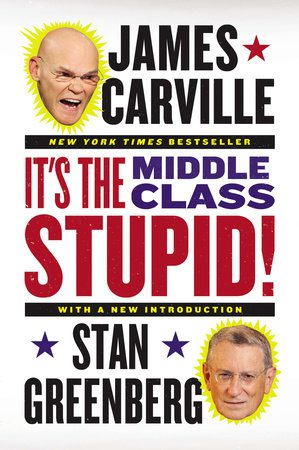After nearly a year of remarkably consistent numbers in key metrics of the country’s political environment, we are seeing significant movement as rapidly deteriorating attitudes toward the economy drive ratings of the country’s direction, consumer confidence, and President Bush’s job approval marks to new lows. Approval of Congress has also fallen, but the anger is not directed at the “Democratic Congress” which has seen a decline in its negatives this year – in fact, the country’s profound change dynamic has resulted in the massive Democratic advantage in the generic congressional ballot growing even larger in March.
For nearly a year, we have chronicled the surprisingly consistent numbers in key metrics of the country’s political environment. Despite a change in control of Congress, major developments in Iraq, and even the historic presidential primaries, there had been no substantial impact on public ratings of the country’s direction, President Bush’s job approval, or basic measures of the two parties. But we are once again seeing significant movement, as rapidly deteriorating attitudes toward the economy drive ratings of the country’s direction, consumer confidence, and President Bush’s job approval marks to new lows. As economic concerns grow, ratings of the Congress are also falling, but not the “Democratic Congress” and the massive Democratic advantage in the generic congressional ballot grew even larger in March.
In addition to comprehensive measures of the economy and its impact on the larger political environment in the latest public polls, the fifth anniversary of the invasion of Iraq brought a wealth of data on American attitudes toward that critical issue. The shift in attitudes about the efficacy of U.S. efforts on the ground that we first saw toward the end of last year has continued through this Spring, but it has still not made a difference in larger attitudes toward the war. Last week, Gen. Petreaus and Ambassador Crocker came to Washington to trumpet the success of the surge, simply reinforcing a belief the American public has held for months now. But their subsequent argument that this relative success justifies a continuation of the current strategy with no end in sight is resisted by voters, with more than 60 percent advocating for the withdrawal of most troops by the end of 2009.
There is little question that the economy has now become the primary concern for most Americans, and the profound pessimism they express — nearly 80 percent believe it will continue to get worse — suggests this will continue to be the most important issue as the 2008 election develops. At the same time, the Republican Party and their presumptive nominee are severely out of step with the American public on Iraq and many Democrats are concerned with the linkage between the cost of an open-ended war and our economy. A CNN poll conducted around the 5-year anniversary of the invasion suggests most Americans may have already made the connection themselves; it found that over 60 percent of Americans believe the war in Iraq has had ‘a negative impact on life in the United States and more than 70 percent already see a direct link between the money spent in Iraq and the deepening economic recession here at home. And the CBS/New York Times survey reinforces this, with 2-in-3 saying ‘the cost of the war in Iraq has contributed a lot to the U.S. economic problems.
RATINGS OF ECONOMY, CONSUMER CONFIDENCE COLLAPSE
The economy has clearly emerged as the dominant issue driving the country’s political environment, with rising prices and a growing crisis in the housing industry at the heart of a historic drop in consumer confidence. Virtually every poll released in the last month has revealed views of the economy at or near historic lows, with more than 3-in-4 Americans rating the current economy negatively. Last week’s CBS News/New York Times release found that 66 percent now believe the country is in a recession. Our focus groups have consistently underscored the centrality of price concerns to the economic concerns we see in these polls, and a recent Gallup poll found that increases in the cost of gasoline (97 percent paying more), food (90 percent), and utilities (75 percent) are by far the areas in which consumers are feeling the most direct impact.
Consumer confidence has largely followed the same trend as ratings of the economy. After a small, predictable rally around the holidays at the end of last year, the weekly ABC News Consumer Comfort Index has plummeted nearly 15 points since the beginning of the year and now sits at -34, just 16 points above its all-time low reached in February of 1992. It reached a 14-year low of -37 in February. Ratings of the national economy continue to fall, and views of the national buying climate are near their all-time low; only relatively strong and stable marks on individuals’ personal finances are keeping consumer confidence from a further decline at this stage.
What is most striking about the most recent data on public attitudes toward the economy is the depth of pessimism about the future. As low as ratings of the current economy are, most Americans believe the worst is still to come. Gallup found that less than 1-in-5 believe the economy is now as bad as it will get before beginning to recover, while 79 percent feel the worse is still to come. And expectations of an impending recovery are scarce. Less than 1-in-4 believe the economy will start to recover within the next year, while a clear majority (55 percent) say it will be two years or more before the economy begins to turn around. Given the primacy of the economy to the current mood, it is no surprise that the latest CBS/New York Times poll found that just 14 percent feel the country is now moving in the right direction while an astonishing 81 percent say it is off on the wrong track.
BUSH RATINGS REACH NEWEST
From August 2007 through February 2008, approval of President Bush’s job performance held between 32 percent and 34 percent in each month’s average of all public polls while disapproval was either 61 percent or 62 percent in every month. Now, however, we see signs that Bush’s approval marks, already lower for a longer period of time than any other President, may be falling even lower. Last month, Bush’s approval dipped down to 31 percent while disapproval increased two points to 64 percent. And in the two polls released so far this month, Bush’s approval is down to 28 percent while disapproval has climbed to 66 percent.

As usual, Bush’s job approval rating on the most important issues facing the country is even lower than his overall approval. After reaching the low 20’s after the 2006 election, Bush’s approval rating on the war in Iraq increased about 10 points over the next year and now stands at 30 percent approve and 65 percent disapprove, essentially unchanged over the last few months. His approval on the economy, however, has rapidly dropped over the last few months as economic concerns have intensified. The CBS/New York Times poll released last week shows Bush’s approval on the economy reaching an all-time low for any issue — 21 percent approve, 71 percent disapprove.
STABLE MAJORITY STILL SUPPORTS BEGINNING WITHDRAWALS FROM IRAQ
Sifting through the tremendous amount of public polling data produced around the fifth anniversary of the invasion of Iraq, what is most striking is how little the events of the past few months have changed the larger equation on this issue. After polling late last year showed a significant increase in assessments of progress on the ground in Iraq, as fatalities dropped and media coverage of the conflict receded, many conservatives and Republican officials declared that we had reached a “turning point” in views of the war here at home. However, as we showed at that time, attitudes about troop reductions, Bush’s leadership, and the initial decision to go to war in the first place were all largely immune from more optimistic views of the efforts of troops on the ground.
Nothing in the most recent data suggests a shift from this position, even as Gen. Petreaus and Republican officials crow about their supposed successes. Assessments of the efficacy of the surge continue to grow more positive, but Americans remain steadfast in their beliefs that the initial decision to go to war was a mistake, that the war has not made our country safer, and that a gradual withdrawal beginning immediately is the best strategy moving forward.
- CBS finds Americans split on the surge — 42 percent say it is making things better in Iraq (the highest number yet) while 13 percent say it is actually making things worse and 34 percent see no impact.
- The same poll finds that 43 percent of Americans feel the war is going at least somewhat well — up 21 points since June of last year (up 27 points among Independents — but a majority (54 percent) still say things are going badly
- At the same time that assessments of the surge and the overall direction of troops’ efforts are improving, last week’s CBS/New York Times release finds the number of Americans who say taking military action against Iraq was the right thing to do at its lowest number ever — 34 percent right thing to do, 62 percent should have stayed out
- Similarly, only 36 percent say the war in Iraq has made the U.S. safer from terrorism, while 24 percent feel it has actually made us less safe and another 38 percent believe the tremendous cost in lives and dollars has made no real difference.
- Looking forward, more than 2-in-3 Americans believe that large numbers of U.S. troops should not remain in Iraq for more than two years, with nearly half (46 percent) calling for withdrawal of those troops within less than a year.
- Data from Gallup reinforces this finding, with 60 percent agreeing that the U.S. needs to ‘set a timetable for removing troops from Iraq and to stick to that timetable regardless of what is going on in Iraq’ while just 35 percent believe that we must ‘keep a significant of troops in Iraq until the situation there gets better, even if that takes many years.’
DEMOCRATIC ADVANTAGE AT CONGRESSIONAL LEVEL GROWS
In the midst of mounting economic concerns and new record low marks for President Bush, approval of Congress and its performance has also fallen, averaging just 22 percent across three polls released in the last few weeks, and remains even lower than Bush’s overall job approval But the anger toward Congress is not aimed at the Democrats, and this year’s Democracy Corps polling shows a decline in negatives for the “Democratic Congress” which remains considerably stronger than the assessments of “Republicans in Congress.” In fact, the profound change dynamic created by these plunging assessments of the country’s direction and its political leadership is only increasing the electoral prospects of Democrats at the congressional level.
From September of last year through February of this year, there was remarkable consistency in the generic congressional ballot, with Democrats holding an advantage of 10-11 points throughout the six-month period. There is a natural expectation that this enormous gap will close as the election nears and traditional partisan lines are exposed again, and particularly in the current environment where John McCain has closed the gap with his potential Democratic rivals. Instead, the gap actually grew in two polls released in March, with NBC News/Wall Street Journal finding a 14-point margin for Democrats among registered voters (49 to 35 percent) and our own Democracy Corps poll showing an increase in the Democratic advantage among likely voters to 13 points (53 to 40 percent).



